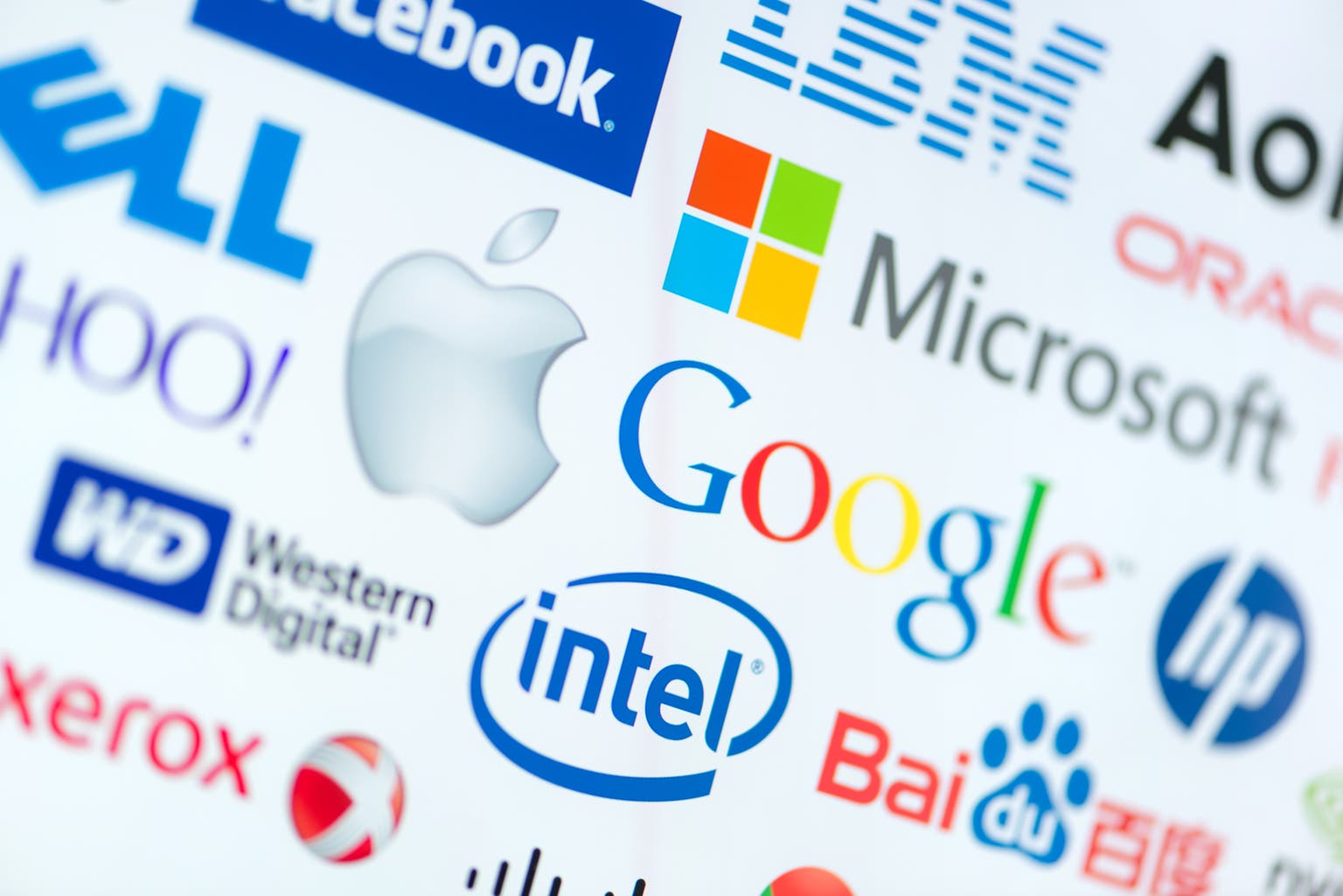Debunking the 'Friendly AI' Narrative: Why We Need Critical Scrutiny of Tech's Promises

Tech companies are increasingly touting the benefits of “good AI,” painting a picture of helpful, harmless, and even benevolent artificial intelligence. But is this rosy portrayal accurate? And more importantly, is it fair to consumers who may be feeling pressured to accept AI integration into their lives without fully understanding the implications?
The reality is far more complex. While AI holds immense potential for positive change, the relentless promotion of a “good AI” narrative often overshadows critical discussions about potential risks, biases, and ethical concerns. This carefully crafted image serves as a powerful marketing tool, designed to generate excitement and drive adoption of AI-powered products and services.
The Problem with the 'Good AI' Myth
The core issue isn't that AI itself is inherently bad, but that the narrative surrounding it is often incomplete and misleading. Tech companies tend to highlight the successes and downplay the failures, creating a skewed perception of AI's capabilities and limitations. This can lead to unrealistic expectations and a lack of critical evaluation.
Consider the widespread use of AI in algorithms that influence everything from news feeds to loan applications. These algorithms are trained on data, and if that data reflects existing societal biases, the AI will perpetuate and even amplify those biases. This can result in discriminatory outcomes, reinforcing inequalities rather than promoting fairness.
Furthermore, the increasing integration of AI into our daily lives raises significant privacy concerns. AI systems often require vast amounts of personal data to function effectively, and the collection and use of this data can be opaque and potentially exploitative.
Consumer Skepticism and the Pressure to Accept
Interestingly, despite the aggressive marketing campaigns, there's growing evidence that consumers are becoming increasingly wary of AI. Surveys consistently show that people are uncomfortable with the lack of transparency and control over AI systems, particularly when it comes to sensitive areas like healthcare and finance. This suggests that the “good AI” narrative isn’t as effective as tech companies might hope.
However, the constant bombardment of positive AI messaging can still create a subtle pressure to accept its presence in our lives. We may feel compelled to adopt AI-powered tools and services simply because they are presented as the “future” or the “only way to stay competitive.”
Why Critical Scrutiny is Essential
It's time to challenge the “good AI” myth and demand greater transparency and accountability from tech companies. We need to foster a more nuanced and critical understanding of AI, recognizing both its potential benefits and its inherent risks. This requires:
- Increased Transparency: Companies should be more open about how their AI systems work, the data they use, and the potential biases they may contain.
- Robust Oversight: Governments and regulatory bodies need to establish clear guidelines and standards for the development and deployment of AI.
- Consumer Education: We need to empower consumers with the knowledge and tools to critically evaluate AI and make informed decisions about its use.
- Ethical AI Development: Prioritizing ethical considerations throughout the entire AI lifecycle, from data collection to algorithm design.
Ultimately, the future of AI depends on our ability to move beyond simplistic narratives and engage in a thoughtful and informed discussion about its impact on society. Let's not blindly accept the promises of “good AI,” but instead demand a future where AI is developed and used responsibly, ethically, and for the benefit of all.





